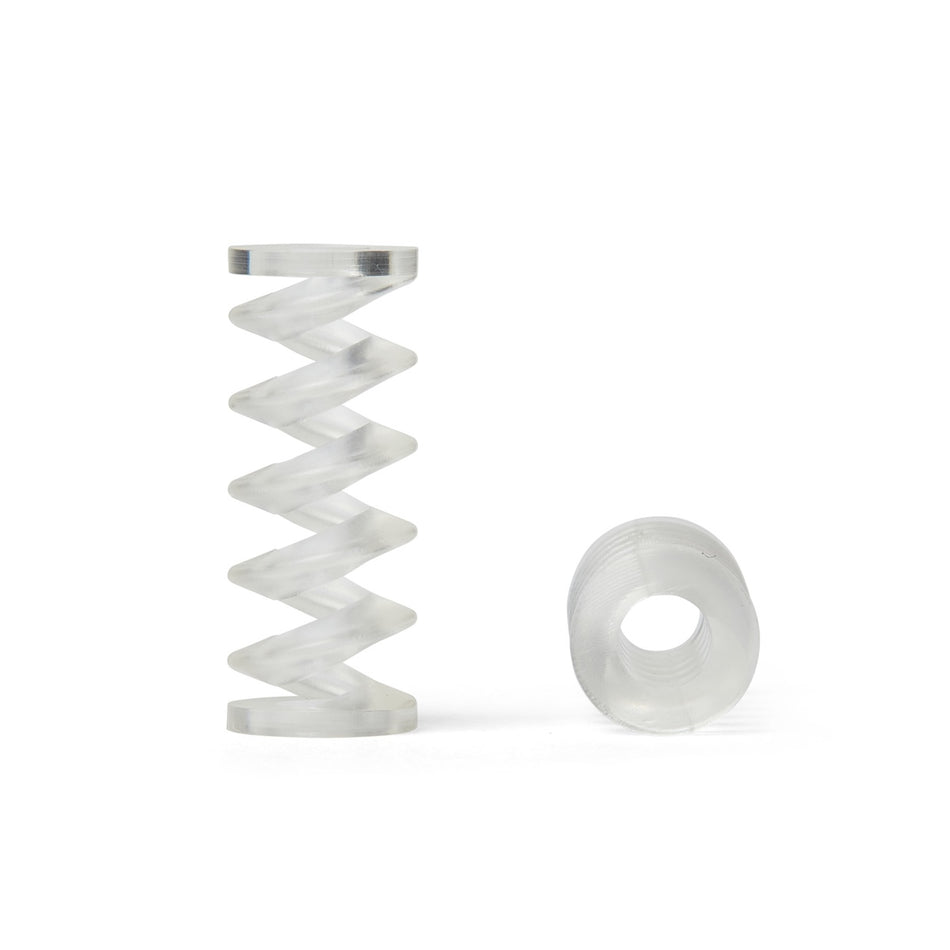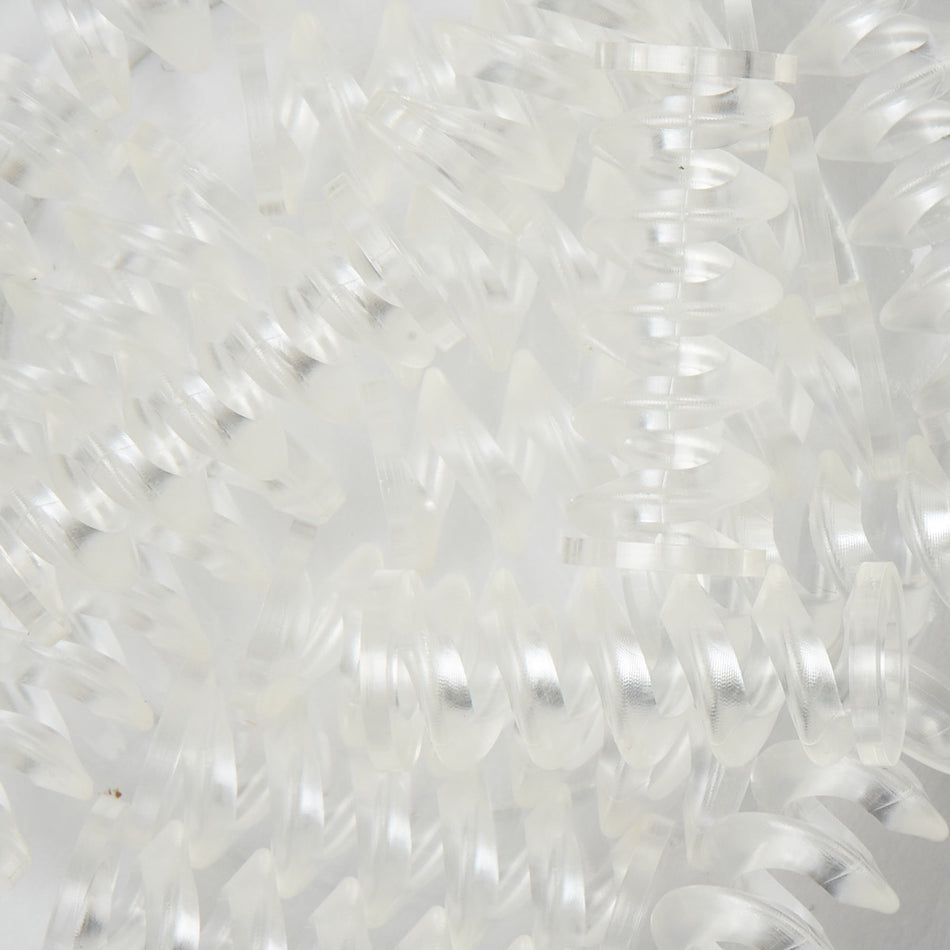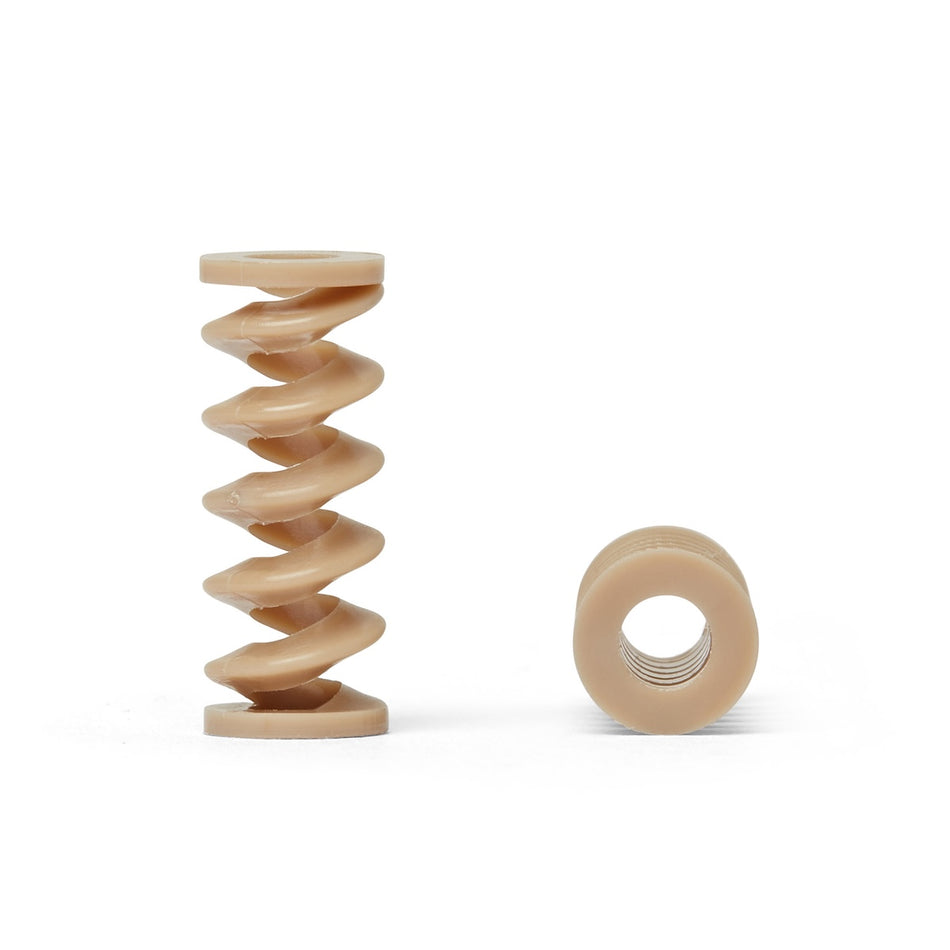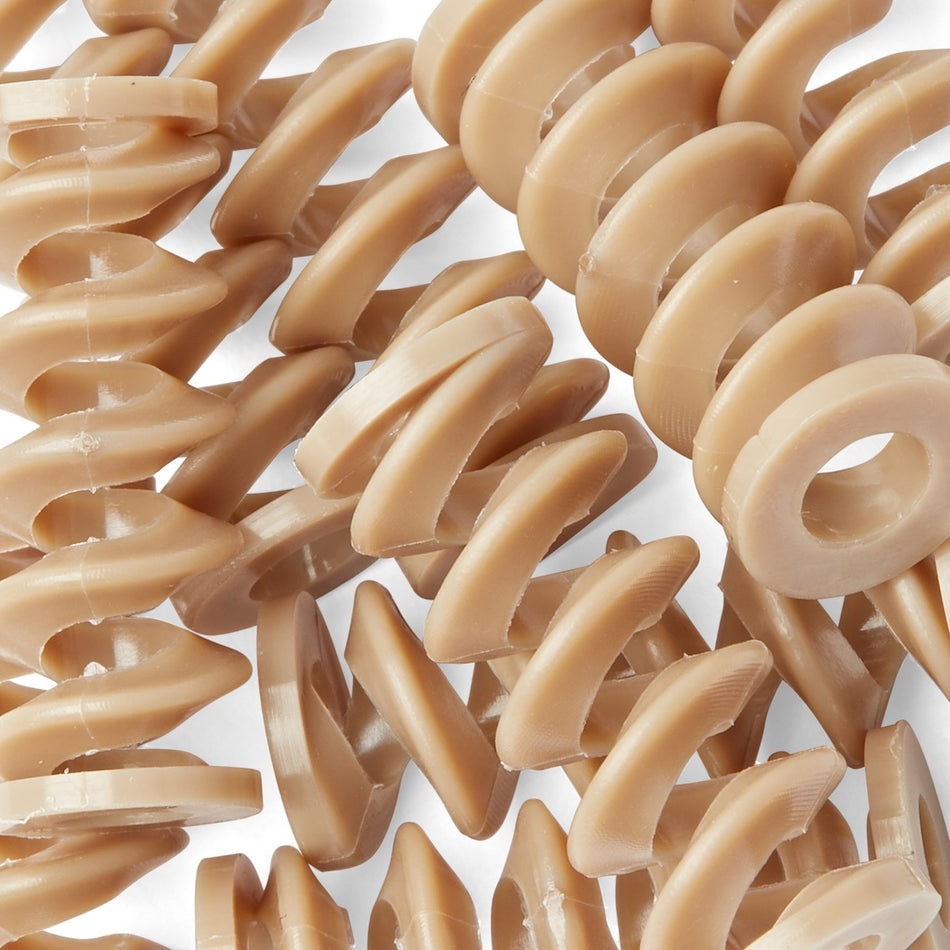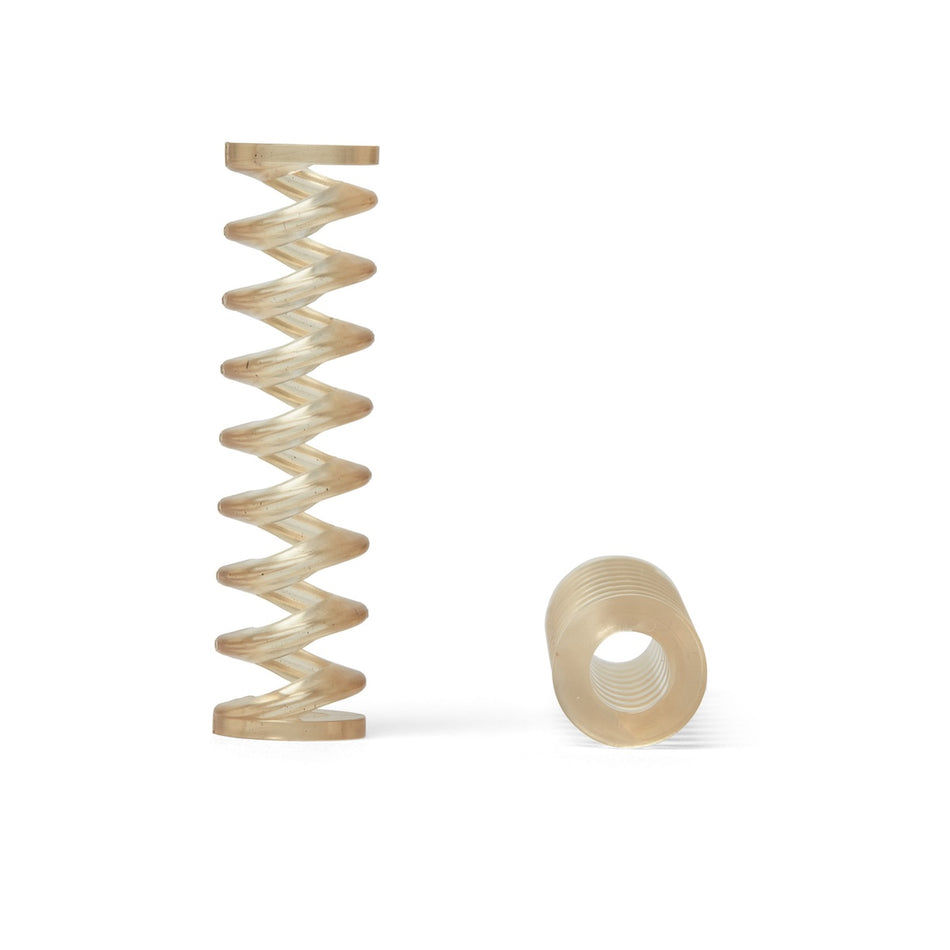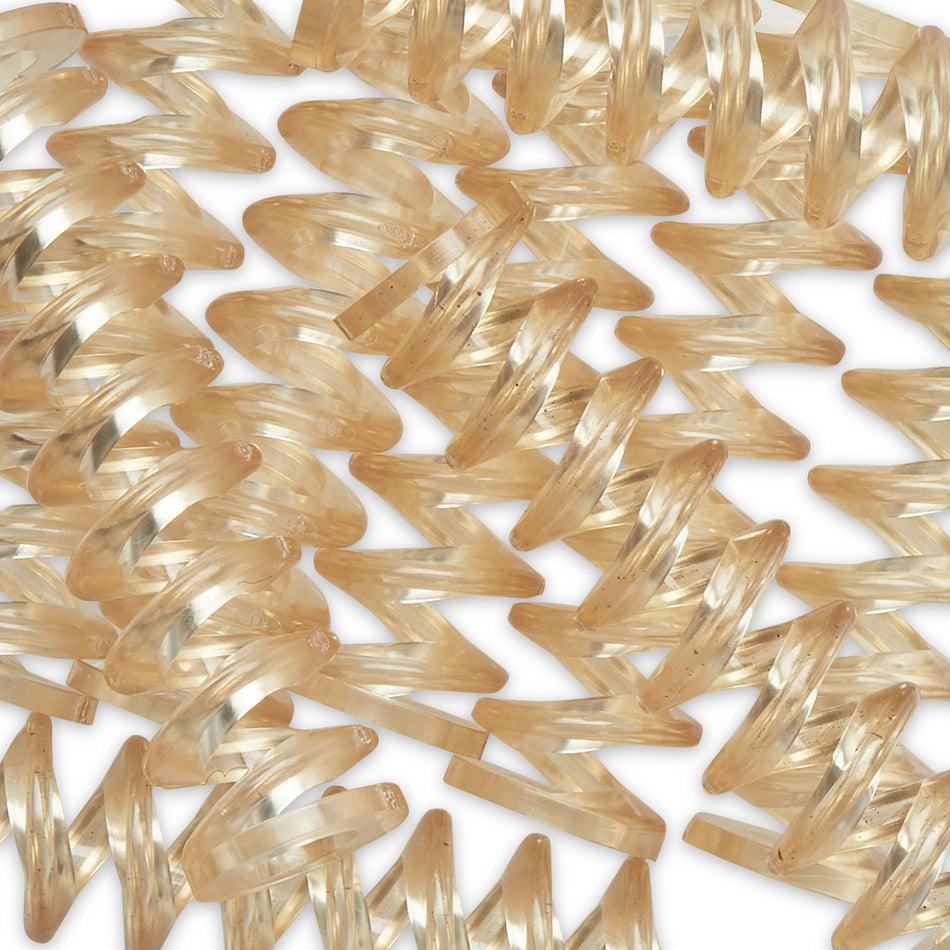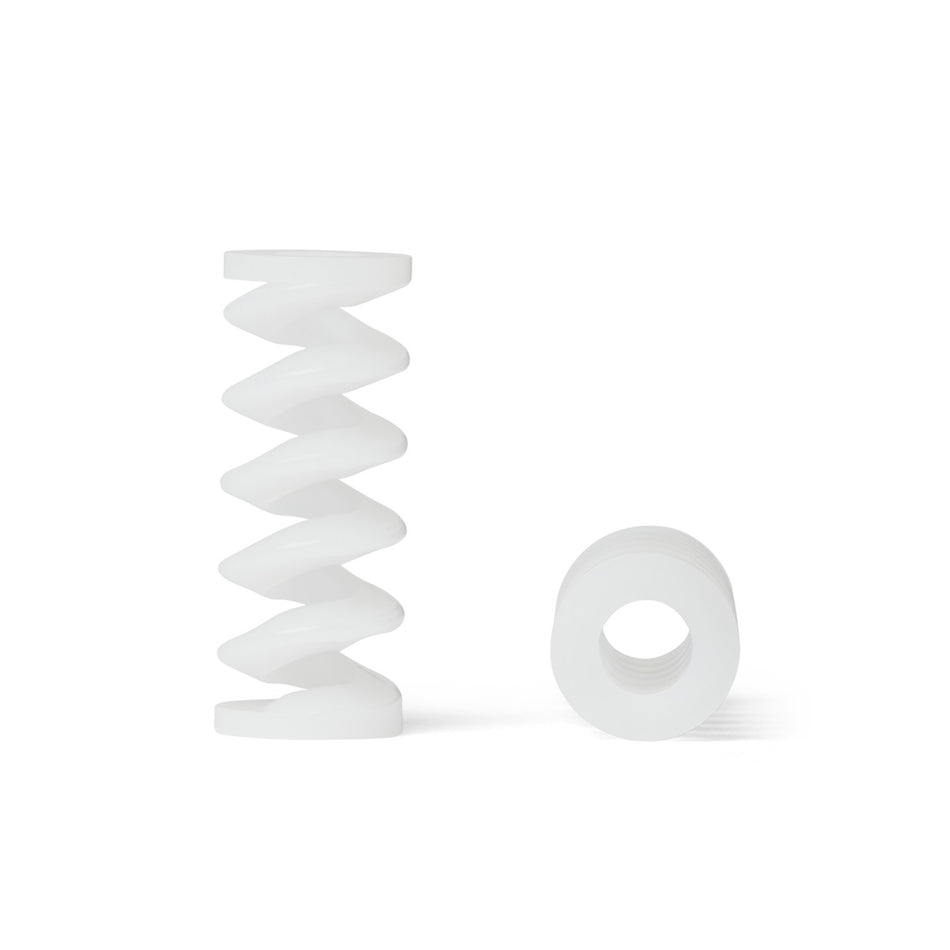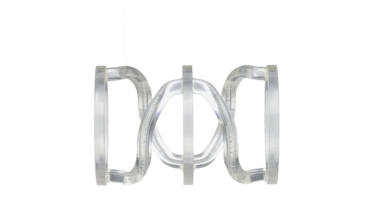10 Productos
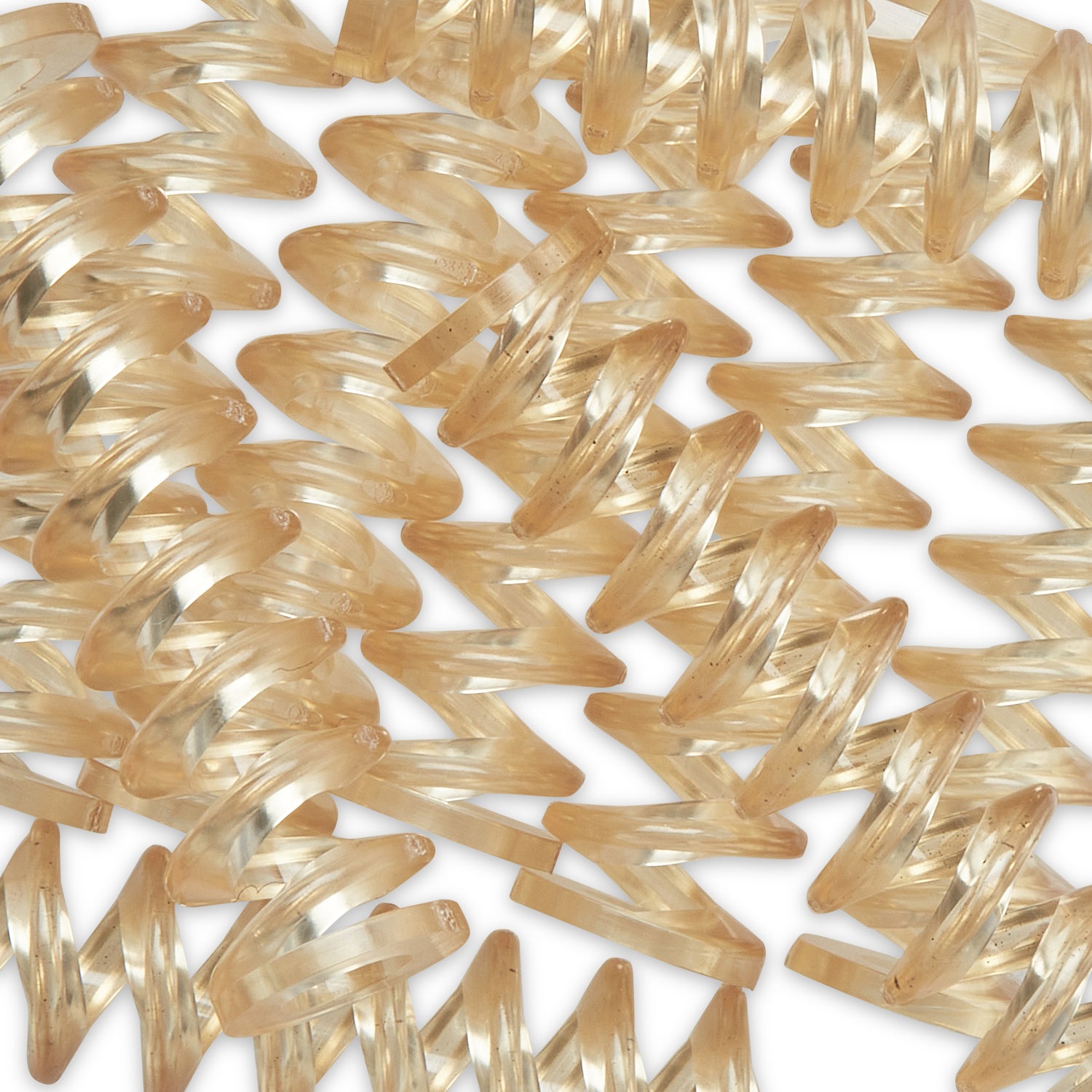
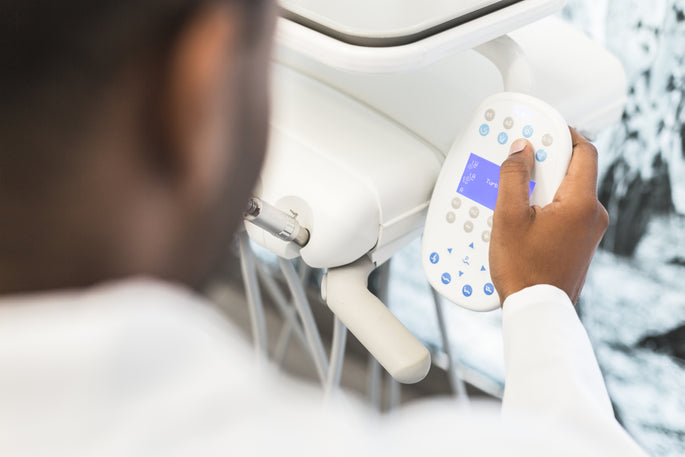
Industry applications for plastic springs
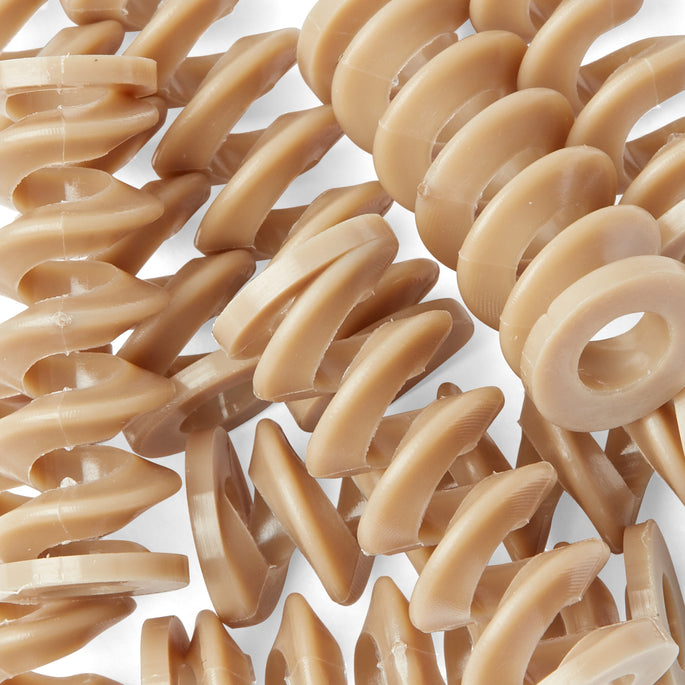
What are the benefits of using plastic for springs?
Ofrecen ventajas únicas que los tornillos metálicos no pueden proporcionar. Son muy resistentes a la corrosión, lo que los hace ideales para su uso en entornos químicos agresivos donde los tornillos metálicos se degradarían. Su ligereza reduce el peso total de los ensamblajes, lo que es crucial en industrias como la aeroespacial y la automovilística, donde el ahorro de peso se traduce en un mejor rendimiento y una mayor eficiencia energética. Los tornillos de plástico también proporcionan un excelente aislamiento eléctrico, lo que evita cortocircuitos en los dispositivos electrónicos. Además, tienen una alta relación resistencia-peso, no son magnéticos y pueden soportar una amplia gama de temperaturas. Estas propiedades hacen que los tornillos de plástico sean esenciales para aplicaciones que requieren durabilidad, fiabilidad y características de rendimiento especializadas que los tornillos metálicos no pueden ofrecer.

